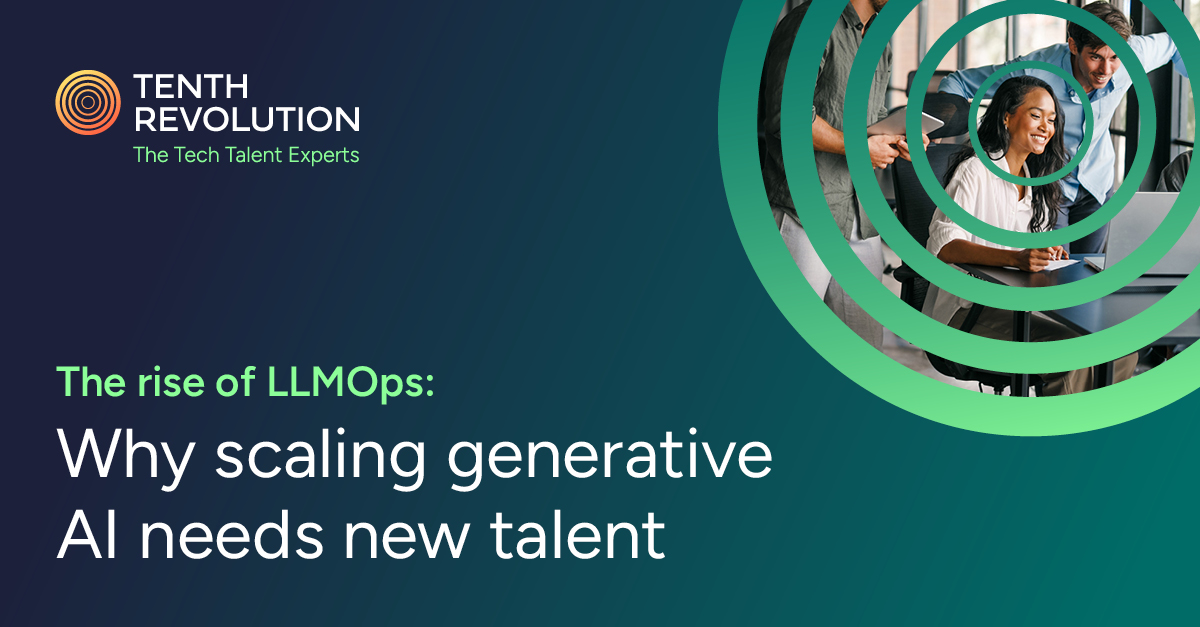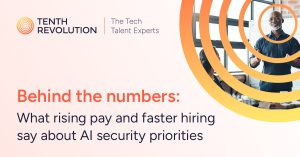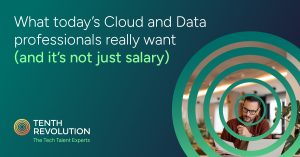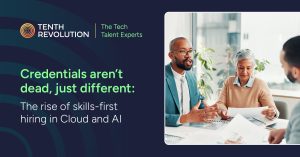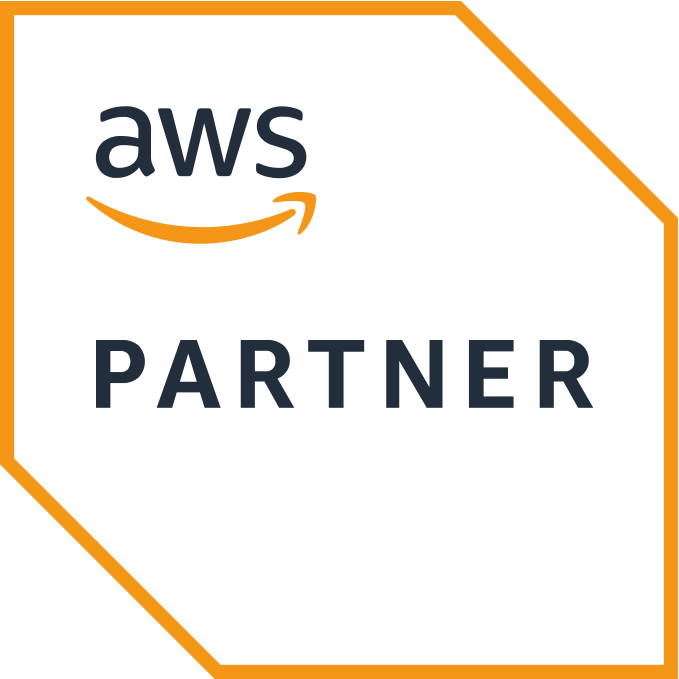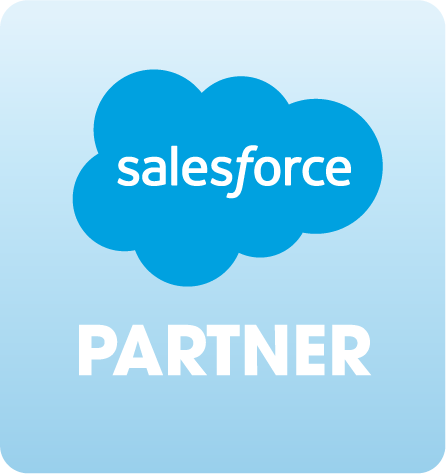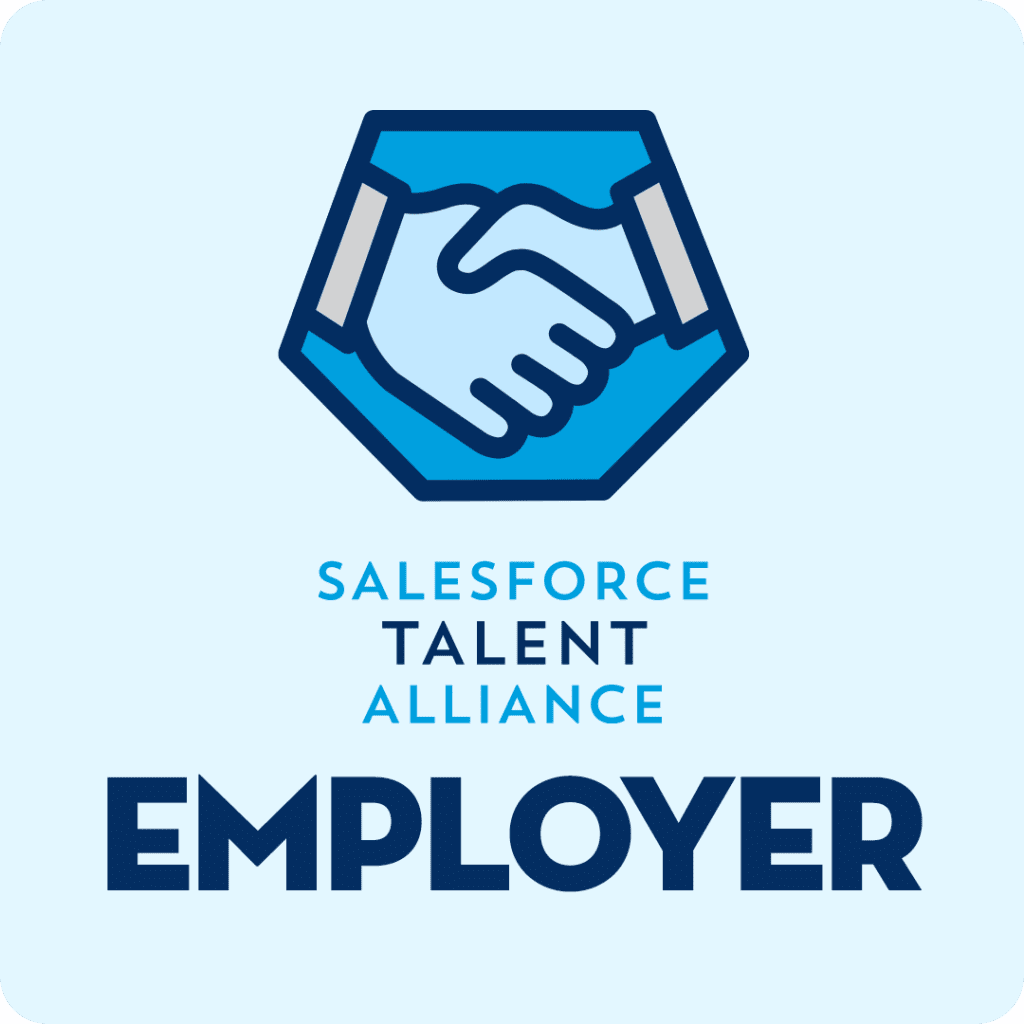Generative AI has moved past experimentation, but scaling it across an enterprise is a different challenge altogether.
Running large language models (LLMs) in production is complex, requiring not only technical expertise but also governance, cost control, and infrastructure discipline. This shift is driving demand for a new wave of specialists in LLMOps and MLOps—professionals who can transform pilots into enterprise-ready systems.
The operational backbone of enterprise AI
Organizations that want to run LLMs reliably need more than brilliant data scientists. They need engineers and operators who understand how to build and maintain production-grade systems. LLMOps is emerging as the framework for this. Key responsibilities include:
Model orchestration and serving: Ensuring models are deployed in ways that scale and meet real-time business needs.
Monitoring and evaluation: Tracking latency, hallucination rates, bias, and other performance indicators.
Access and governance: Defining permissions, routing, and audit trails so models are secure and compliant.
Deployment pipelines: Automating retraining, updates, and rollbacks with CI/CD practices tailored for AI.
Skills in Kubernetes, ML gateways, tracing tools, and performance tuning are increasingly in demand. These are the capabilities that allow generative AI systems to operate as trusted, predictable business services rather than experimental projects.
👉 Scaling generative AI requires more than models—it requires the right people. We’ll help you find trusted technology talent in LLMOps and MLOps who keep projects efficient, secure, and compliant. Find your next great data hire
Why organizations are investing now
The move from pilot to production has exposed serious gaps. Many AI experiments have been slowed—or even abandoned—because costs ballooned, inference performance dropped under load, or compliance concerns couldn’t be addressed. Without operational guardrails, AI can quickly become unsustainable.
LLMOps professionals solve these problems. They bring the structure required to answer key questions: How can models be scaled across teams without chaos? How do we evaluate outputs consistently? How do we prevent runaway costs while keeping systems performant?
By embedding these capabilities, enterprises create confidence among executives, regulators, and customers that their AI initiatives are not just exciting but sustainable.
👉 Ready to embed operational expertise into your AI teams? Our network gives you access to trusted technology talent skilled in orchestration, observability, and CI/CD. Find your next great data hire
Embedding LLMOps into teams
The most effective organizations are integrating LLMOps specialists directly into AI squads. This mirrors how DevOps reshaped software delivery—embedding operational expertise early in the cycle reduces bottlenecks and prevents costly rework.
These professionals don’t just work with engineers. They collaborate with compliance officers on auditability, with finance leaders on budget discipline, and with data scientists on evaluation methods. Their role is as much about alignment as engineering, ensuring that generative AI becomes part of the organization’s operating model rather than a siloed experiment.
Implications for leadership
For executives, the rise of LLMOps highlights an important truth: scaling generative AI responsibly depends on hiring talent with the right operational skill set. Without it, projects risk stalling or failing under regulatory, cost, or performance pressure. With it, enterprises can move confidently from pilots to production, unlocking efficiency and innovation without compromising trust.

